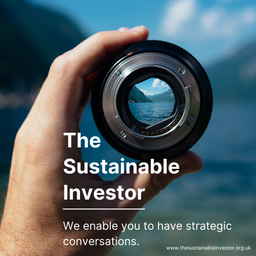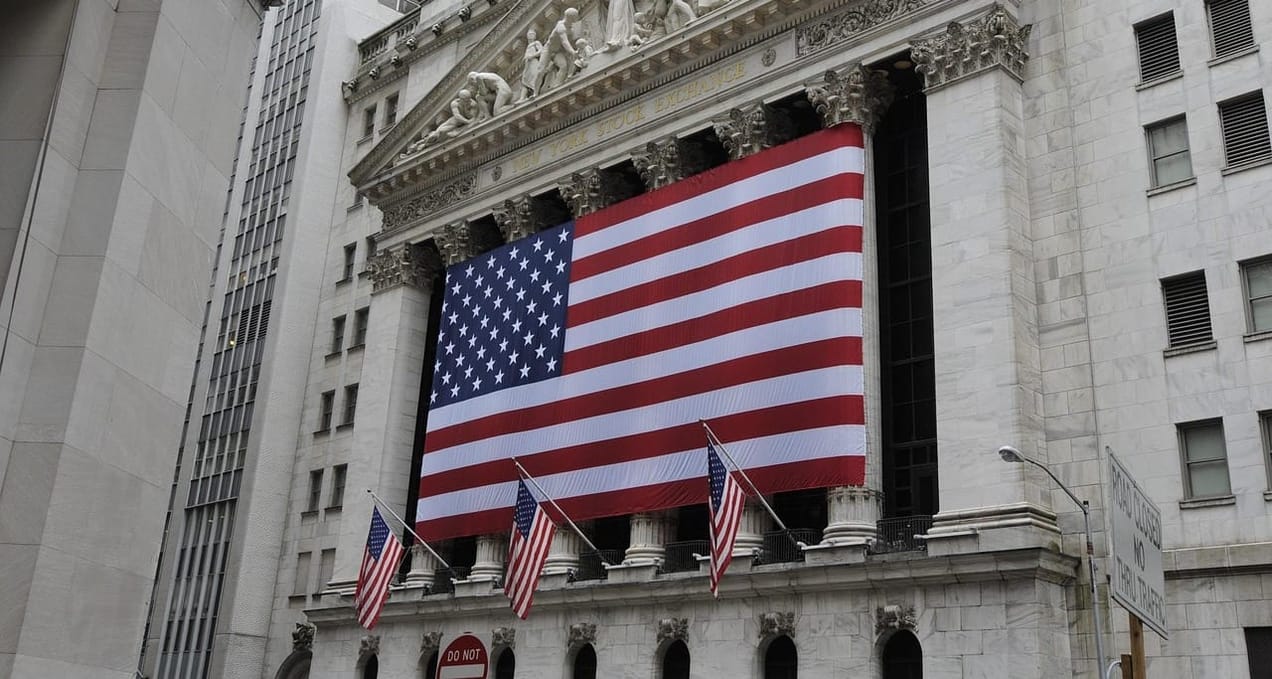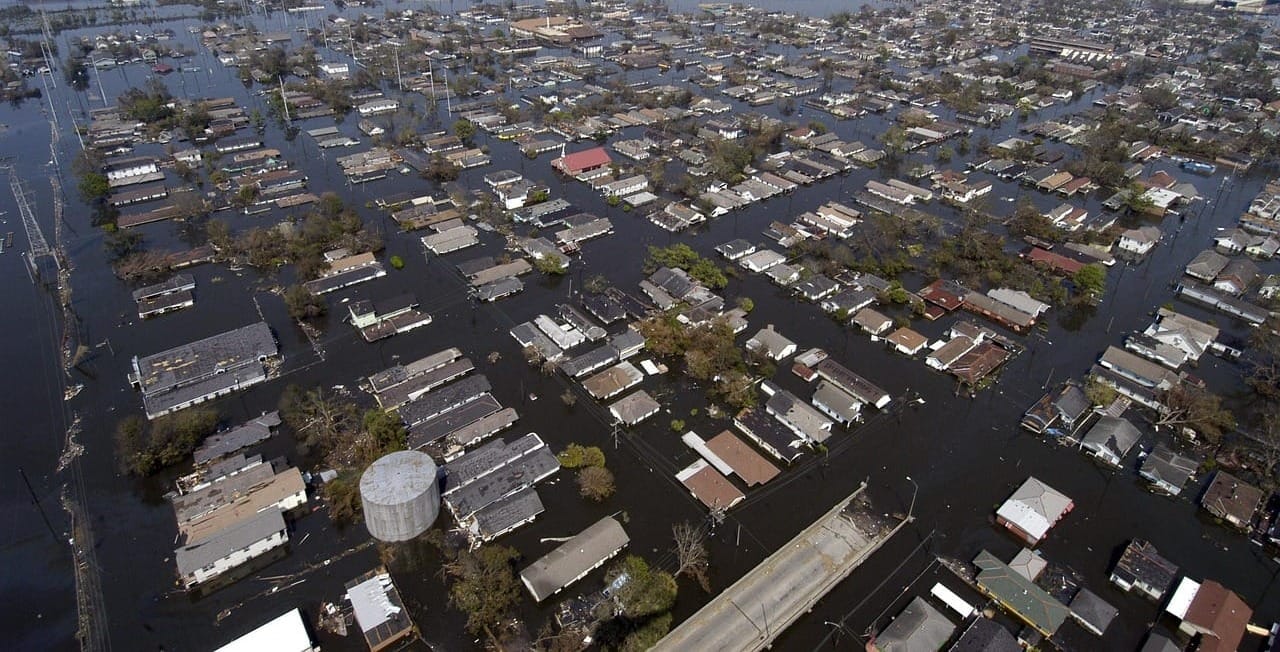
Sunday Brunch: Is self insurance a hidden investor risk?
We are increasingly reading about how many private insurance companies are massively increasing premiums, or withdrawing from some markets altogether. In some cases the government is taking up the slack, but in others it's companies via self insurance. Is this a risk investors should worry about?
It's not only governments that are taking over as insurers of last resort. Many companies self insure. Which means they are on the hook financially for the rising climate related risks.
The private sector withdraws from some insurance
Let's start with why many private sector insurance companies are withdrawing from markets.
I am pretty sure that you are familiar with this quote (and many like it).
According to Munich Re... “there are a growing number of properties, be they homes, apartments or commercial buildings, that are becoming uninsurable, unsaleable and ultimately unusable because of their location.”
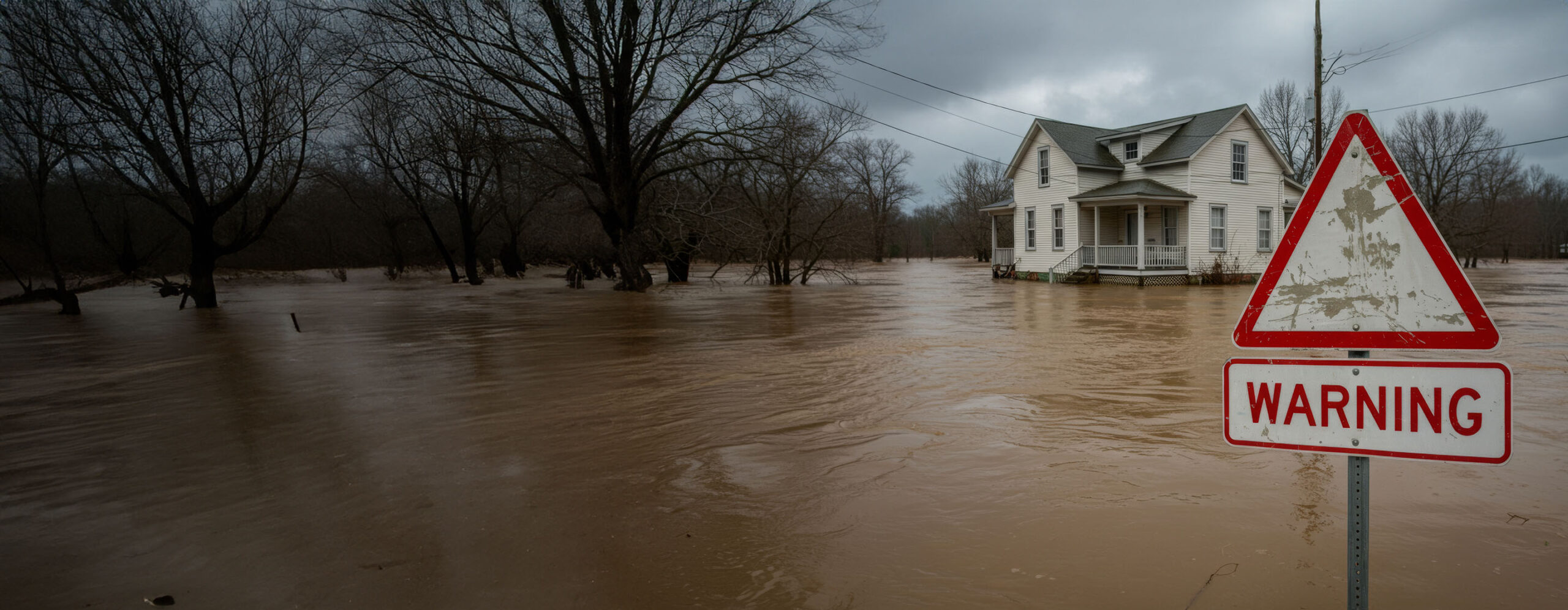
And to quote the Institute and Faculty of Actuaries - others put it more starkly, with one insurance executive stating, “We are fast approaching temperature levels – 1.5°C, 2°C, 3°C – where insurers will no longer be able to offer coverage for many of these risks. The math breaks down: the premiums required exceed what people or companies can pay. This is already happening. Entire regions are becoming uninsurable.”
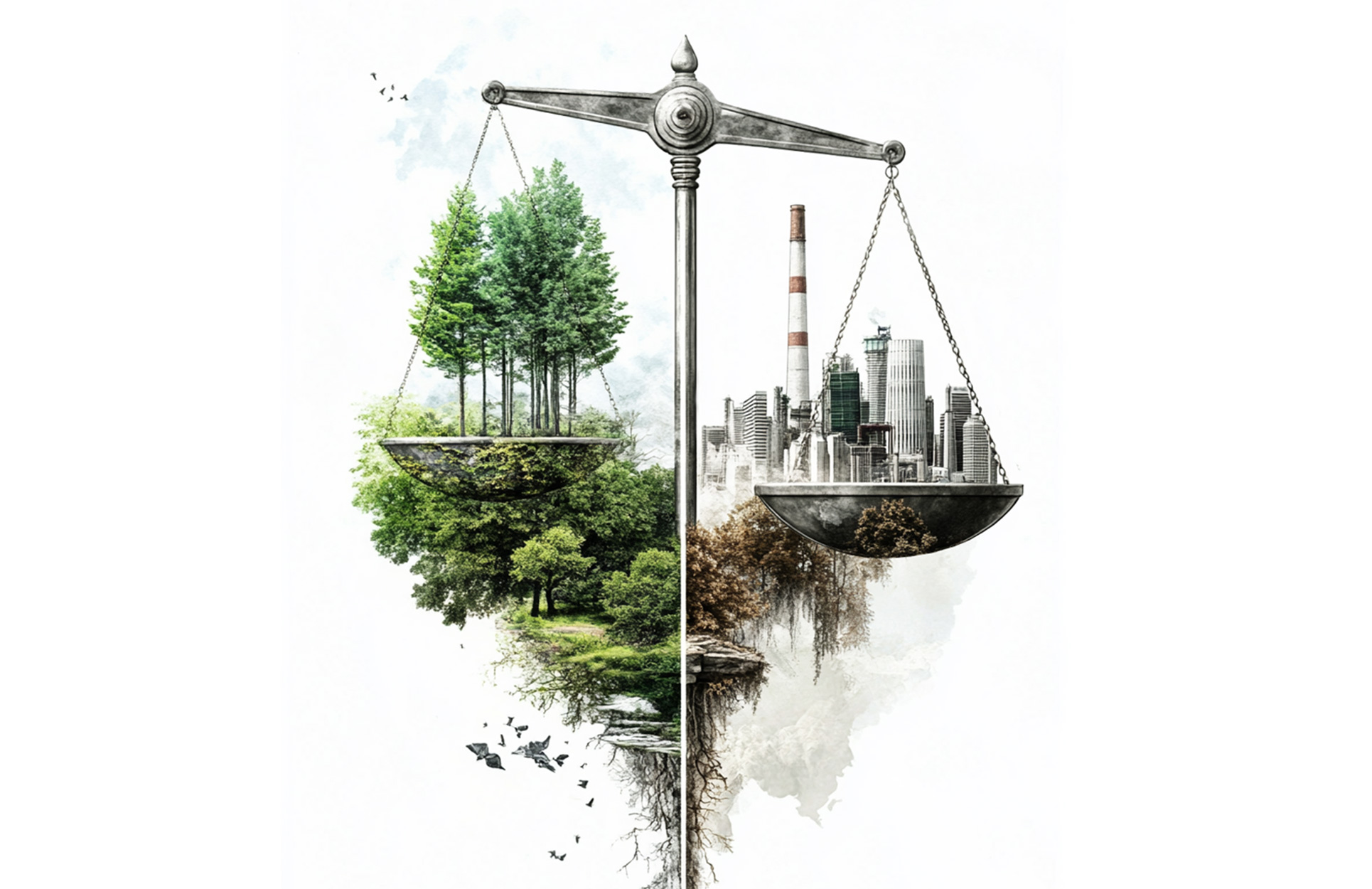
That blog is well worth a read as it sets out the numbers in some detail.
When the private sector insurance companies step away from providing coverage (at premiums that are affordable), governments frequently step in. A frequently quoted example is the US. One of the states furthest along this route is Florida. To quote Yale Environment 360...
In 1992, after Hurricane Andrew caused billions in damage in southern Florida, and several companies collapsed or stopped writing policies, the state created Citizens Property Insurance Corporation to act as an insurer of last resort. Although never intended to compete with private companies, Citizens has since grown to become one of the largest insurers in Florida.

Many analysts think that States such as Florida (and the c. 30 others that now have similar FAIR plans) are poorly positioned to cover the potential losses they face. They expect the Federal Government to have to step in, much as they did decades ago with flood insurance. But that didn't work out very well, with massive losses.
But it's not just governments that are exposed
At this point I want to switch direction and talk a bit about self insurance. For many companies, the combination of rising premiums & the 'emergence' of new risks (including climate) have led to self insurance gaining traction. This is generally via what is known as a captive - an insurance entity created specifically to cover the company's own risks.
These captives act (and are generally regulated) in the same way as other insurances companies. They receive premiums and pay claims, it's just they only cover one company (or group of companies). And they are more common than you might think. For instance in 2024, there were around 200 captives owned by French corporate groups, and 80% of CAC40 companies have created one.
A recent article from Accuracy sets out the structures and pros/cons pretty well. Note that of the gross premiums paid, nearly half were for property damage.

My point here is about future risks. If the private insurance companies are abandoning some markets, or massively increasing premiums, what do they know that the individual self insured companies do not? Are the companies 'just' storing up risks for the future. If the disaster (flood, fire etc) is large enough, how material will the financial damage to the company be?
And perhaps most importantly, are we including these risks in our valuation approaches.
It's important to be clear. Self insurance in of itself is not necessarily a bad thing. The increasing trend to self insurance is not just a reaction to rising premiums or a lack of cover, although that plays a part. Captives can also be part of a broader plan to better manage risks, and hence internalise the benefits of climate adaptation actions. Plus, there are sometimes tax benefits.
If the company that you are invested in self covers via a captive, and it has material exposures to damage from climate change, these are facts that you need to know about and understand. How much are they on the hook for, and what happens if the claim is so large that the captive is unable to pay ?
And on the positive side, are they actively managing and adapting to the risks such that self insurance makes good financial sense.
One last thought
It's not just buildings and factories that need insurance. Farmers do as well.
Insurance is, in many cases, the defence that allows companies and communities to survive in bad times. The obvious examples relate to floods, fires, and storms. Without insurance, the impacted communities would probably not continue. And it's the same for farmers and agricultural disasters.

Grant me the strength to accept the things I cannot change, the courage to change the things I can, and the wisdom to know the difference. Reinhold Niebuhr - a Lutheran theologian in the early 1930's
Please read: important legal stuff. Note - this is not investment advice.




